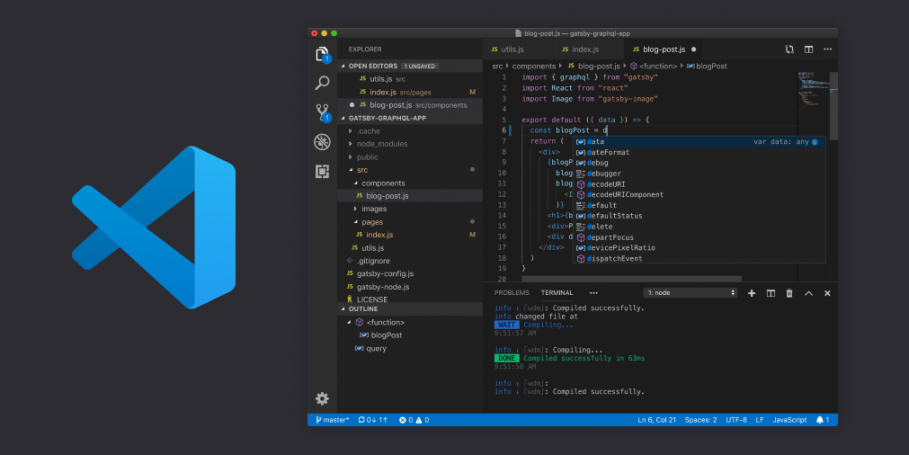After beta-testing the software through its insider builds for over two months now, Microsoft has officially updated Visual Studio Code to natively support M1 Macs.
This means developers who rely on the code editing and management software from Microsoft will experience better compatibility and efficiency while using it. Previously, VS Code worked on M1 Macs using the Rosetta 2 translation layer.
While the original version was numbered 1.54, Microsoft has since issued an update to fix an issue with an extension dependency which bumped the version number to 1.54.1. According to VS Code’s update page:
“We are happy to announce our first release of stable Apple Silicon builds this iteration. Users on Macs with M1 chips can now use VS Code without emulation with Rosetta and will notice better performance and longer battery life when running VS Code. Thanks to the community for self-hosting with the Insiders build and reporting issues early in the iteration.”
Microsoft says that VS Code is now available to install as a universal build, meaning users won’t need to separately install a build with arm64 support. While testing the software as a part of its insider’s build, Microsoft offered two different installable versions, one for Macs with Intel chips and another for arm64 Macs.
Prior to official support for Apple Silicon, VS Code was still accessible through Rosetta 2, which is Apple’s proprietary translation software that instantly translates apps meant for x86 processors to be able to run on ARM processors the first time you access the app.
Several users have reported no dip in performance while running VS Code on their M1 Macs even though it’s translated through Rosetta 2. Some users even report better performance as compared to running VS Code on Intel-based Macs. However, native support for Apple Silicon will improve that experience further.
Back in December, Microsoft said in a tweet that “if you are using a Mac with an M1 Processor, should be faster and use less resources (memory and CPU).”
Apple released a new MacBook Pro, MacBook Air, and a Mac Mini powered by its new M1 SoC (System on Chip) that is reportedly better than almost every other Intel-based Mac in terms of performance and efficiency. Apple says that it will release more Macs with its own silicon over the course of two years after which every Mac will have transitioned to include Apple’s custom-made chip instead of Intel’s chips.
However, as it goes, developers need to update their apps to support M1 Macs natively. Apparently, it’s a process that takes some time with major apps such as Photoshop still remaining to extend support.
You can download VS Code from here.
Note: This story contains affiliate links that may earn The 8-Bit commissions on successful purchases to help keep the site running.

